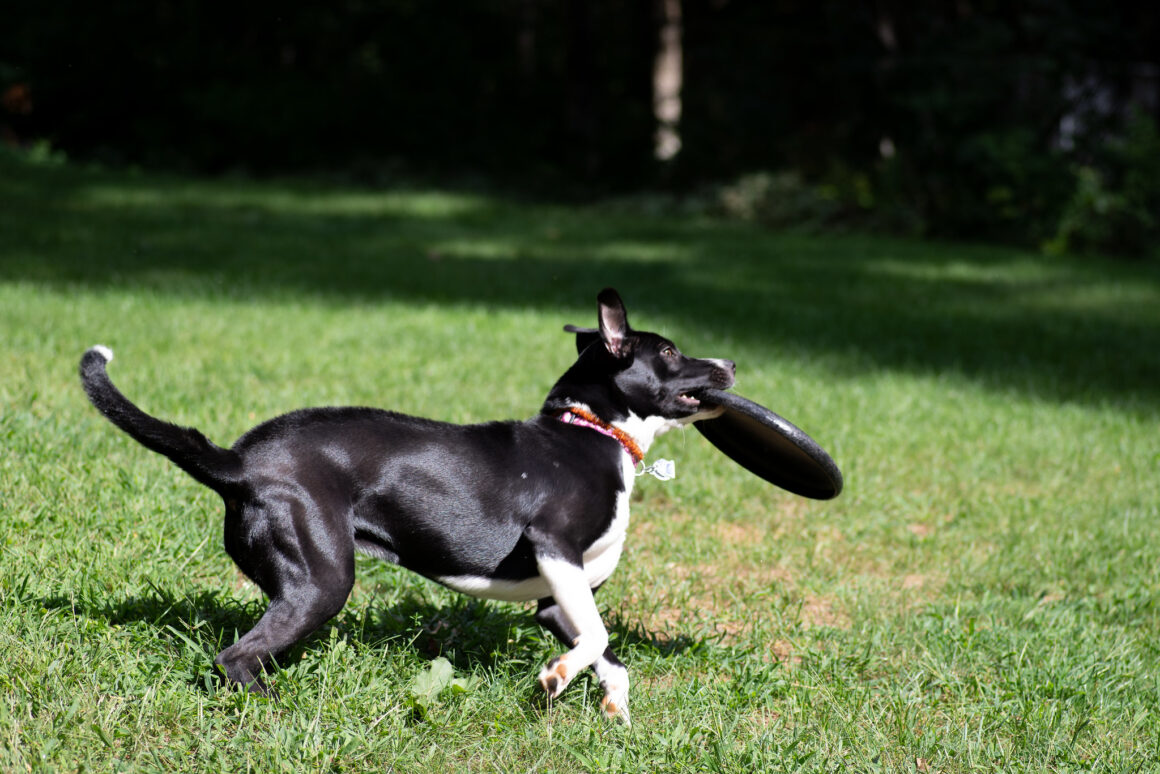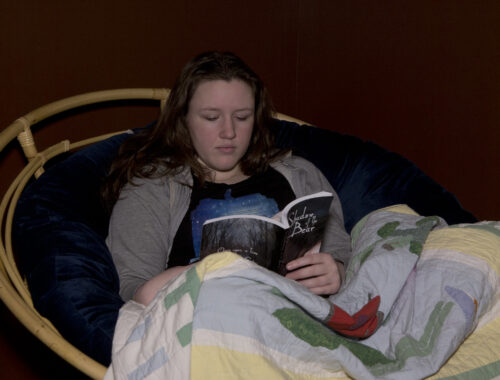
An Unleashed Life
My husband refers to life prior to the Plandemic of 2020 as “The Before Times.” I think of my own life as being split in a similar way, with the point of divergence being February 2022, when I began reading the first Alice Miller book I got my hands on: The Body Never Lies. I never came up with a cool moniker for life prior to that, but maybe I’ll call it “My Leashed Life.”
Back in my Leashed Life, I often wrote about “conversations among books,” and what I meant by that was the way in which one book I was reading would seem to be responding to something I was picking up in another book I was reading in the same time period. It is really a rather lovely phenomenon and a great reason to always have more than one book in process.
The conversation among books happening now is an important one. It would take me a long time to map it all out, and I don’t play that game in my unleashed life, because here, I don’t work for “grades.” As a matter of fact, I’ll give you a little illustration: I am enrolled in a yearlong, online course on herbal medicine and early on became so disillusioned by the organization offering it that I have stopped taking any of the tests or doing any assessments, even though I know (and have been personally warned) that it means I won’t get the “certification.” I couldn’t care less, because after working long and hard just to get a human being to talk to me about the issues I have with the administration of the course, I said what needed saying, and it freed me to deal with the program on my own terms. I’d go so far as to say that the freedom I worked for and earned by not just sitting quietly by and being a good student fills me with glee.
So, what can I share about this exchange among books, and where should I begin? How about last night?
My before-bed book is The Member of the Wedding by Carson McCullers, a novel originally published in 1946, about a 12-year-old girl named Frances Jasmine Addams, who is growing up with her father (her mother died the day she was born) in a small Georgia town and going through a rough, confusing summer at a rough, confusing time of transition. The twenty pages or so that I took in last night were having a physical effect on me. Everything that F. Jasmine was experiencing in that section of the book hit too close to home and kept my stomach tensed, as if I were waiting to be punched in it. When I lay down to sleep, I tried Focusing, a therapeutic technique I stumbled upon some months ago and have been studying and using (as best I can) ever since. It’s a means of getting in touch with the body to figure out what the mind is missing and was developed in the 1970s by Eugene Gendlin and colleagues at the University of Chicago. The answer my body gave me when I asked it “Why does this book get under my skin?” was one it had given be before when I inquired about a different issue, and I sort of dismissed it, thinking that I just wasn’t successfully focusing. I guess, though, I was wrong, and the answer needed further exploring. I, apparently, did that in my sleep, as I awoke before 6:00 am and was immediately thinking about the the story and its effect on me. Unable to go back to sleep, I got out of bed before 7:00 and started my day with coffee, my books, and my journals, as usual. Most of what I encountered in those books circled back to The Member of the Wedding and its effect on me, so I explored a lot in my journals, which was immensely helpful.
Here and now, I’m going to share just a bit from Women Food and God, by Geneen Roth, who is an excellent writer and an amazing guide in navigating eating disorders, although as the subtitle, “An Unexpected Path to Almost Everything,” accurately indicates, the book is about so much more.
In chapter seven, “Tiger in the Mind,” Roth introduces a modality called The Diamond Approach Method, which sounds a lot like Focusing. When Roth began learning the Diamond Approach from Jeanne Hay, Hay told her, “You’re trying too hard, you’re working too much, you’ve been in therapy too long. Instead of trying to change it all, start by noticing what’s already here. Pay attention to what you already feel. Sad. Bored. Happy. Hungry, Miserable. Ecstatic.” She told Roth that being curious about her old beliefs, which were taking up her attention, would make them “change, open, dissolve.” (I, being a curious sort, can already attest to the truth of that.) Of course, Roth resisted at first, but when she genuinely tried, she discovered that it worked.
I didn’t believe her at first. This kind of inquiry requires inhabiting a feeling completely, and I thought, as my students now do, that I would drown in sadness, be consumed with anger. I thought that keeping the feelings away was what was allowing me to function and that in practicing inquiry I’d be unable to cope.
But it turns out that being with feelings is not the same as drowning in them. With awareness (the ability to know what you are feeling) and presence (the ability to inhabit a feeling while sensing that which is bigger than the feeling), it is possible to be with what you believe will destroy you without being destroyed.
Roth goes on to explain something that Alice Miller worked very hard to make people understand: “Most of us are so enthralled with the scary tigers in our minds—our stories of loneliness, rejection, grief—that we don’t realize they are in the past. When we realize that the stories we are haunted by are simply that—stories—we can be with what we actually feel directly, now, in our bodies.” What Roth doesn’t state explicitly, however, is something that Miller does, and it’s important: most of the time, we are unaware that these scary tigers are even in our minds.
I once asked the most fear controlled person I know (it’s no longer I!) what she was afraid of. She replied, “Nothing”—and there we have at least one reason why Focusing and apparently, the Diamond Approach can be so effective: circumventing the mind by going directly to the body bypasses the lies we tell ourselves. As Gendlin discovered, the body is the unconscious. What’s more, an unmet unconscious will always control us and sabotage our conscious efforts, for the maxim we’ve all heard so often is simply untrue. What you don’t know can hurt you. In fact, what you don’t know is more likely that anything else to absolutely devastate your life and quite possibly, the lives of those you love. That’s no exaggeration. I have lived it.




